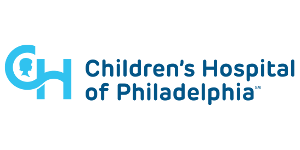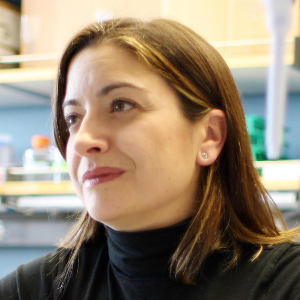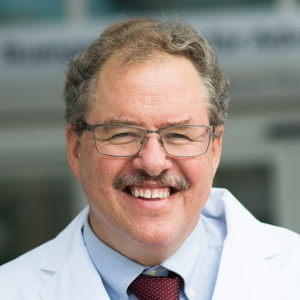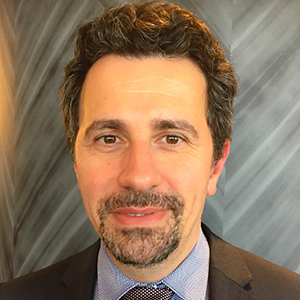Session Abstract – PMWC 2019 Silicon Valley
Session Synopsis: Cancer tumors use many strategies to evade the host immune system, including down regulation or weak immunogenicity of target antigens and creation of an immune-suppressive tumor microenvironment. T cells play a key role in cell-mediated immunity and, recently, strategies to genetically modify T cells either through altering the specificity of the T cell receptor (TCR) or through introducing antibody-like recognition in chimeric antigen receptors (CARs) have made substantial advances. The potential of these approaches has been demonstrated in clinical trials and received approvals from the US FDA and European regulators. Challenges for bringing genetically modified T-cell immunotherapy to many patients with different tumor types remain. These challenges range from the selection of antigen targets and dealing with regulatory and safety issues to successfully navigating the routes to commercial development.
Session Chair Profile
Biography
Kara Davis, D.O. is an Assistant Professor of Pediatrics at Stanford University School of Medicine in the Division of Hematology and Oncology. Her research focuses on using high-dimensional single-cell analysis to organize tumor heterogeneity in pediatric cancers, especially blood cancers, as means to determine cell populations associated with clinical risks such as relapse in the context of standard and immunotherapy treatments. Clinically, Dr. Davis sees patients with leukemia and is involved with the Cancer Cellular Therapies program with experience in treating children with chimeric antigen receptor (CAR) T-cells and other immunotherapies including checkpoint inhibitors. Dr. Davis obtained her B.A. from Pennsylvania State University and her D.O. from the Philadelphia College of Osteopathic Medicine. She completed her training in Pediatrics at Thomas Jefferson University/A.I. DuPont Children’s Hospital and her Heme/Onc fellowship at Lucile Packard Children’s Hospital at Stanford.
Speaker Profile
M.D., Ph.D., Chief, Cellular Therapy and Transplant Section , Children’s Hospital of Philadelphia

Biography
Dr. Grupp serves as Director of the Cancer Immunotherapy Program and Director of Translational Research in the Center for Childhood Cancer Research at CHOP, and the Novotny Professor of Pediatrics at the University of Pennsylvania Perelman School of Medicine. A BMT physician, he is a member of the Division of Oncology and the Medical Director of the Cell and Gene Therapy Lab. Dr. Grupp’s primary laboratory interest is developing novel cell therapies for pediatric cancers. His clinical research focuses on the use of CAR T and other engineered cell therapies in relapsed cancers. He led all of the pediatric ALL trials of CTL019 (now approved as Kymriah), including the largest, most successful engineered T cell therapy clinical trial conducted to date, as well as the global registration trial for CTL019. He presented the Clinical Perspective at the July 2018 FDA ODAC meeting, at which reviewers voted 10-0 recommending approval for Kymriah in pediatric ALL.
Speaker Profile
M.D., Ph.D., Vice President, Translational Medicine, Kite, a Gilead Company

Biography
Adrian Bot, M.D., Ph.D. is the Vice President of Translational Medicine at Kite, a Gilead Company, developing genetically engineered T cell therapies. He has more than 20 years of experience in biomedical research and development, in industry environment. Dr. Bot’s background is in research and development of immunotherapies, comprising both biomolecules, small molecules, and cell and gene therapies, from start-up to commercial-stage organizations. Dr. Bot obtained his M.D. at the University of Medicine and Pharmacy in Timisoara – Romania and his Ph.D. in Biomedical Sciences at Mount Sinai School of Medicine in New York. Subsequently, he was a Guest Scientist at the Scripps Research Institute in La Jolla, and Scientist, Principal Scientist and Director of Immunology Research at Alliance Pharmaceutical Corp. in San Diego. In Nov 2002, Dr. Bot joined Allecure Pharmaceuticals which became MannKind Corp, where he was a Director of Research and Development. During almost 10 years at MannKind, he had several other appointments: Senior Director of Translational Medicine, Vice President of Scientific Management and Vice President of Research, prior to his appointment as Chief Scientific Officer at Kite Pharma and then Vice President of Translational Medicine at Kite, a Gilead Company. He authored or co-authored more than 100 research articles, abstracts, reviews, book chapters and monographs, in basic and applied immunology, and led or served on several editorial boards such as International Reviews of Immunology and Journal of Translational Medicine.








